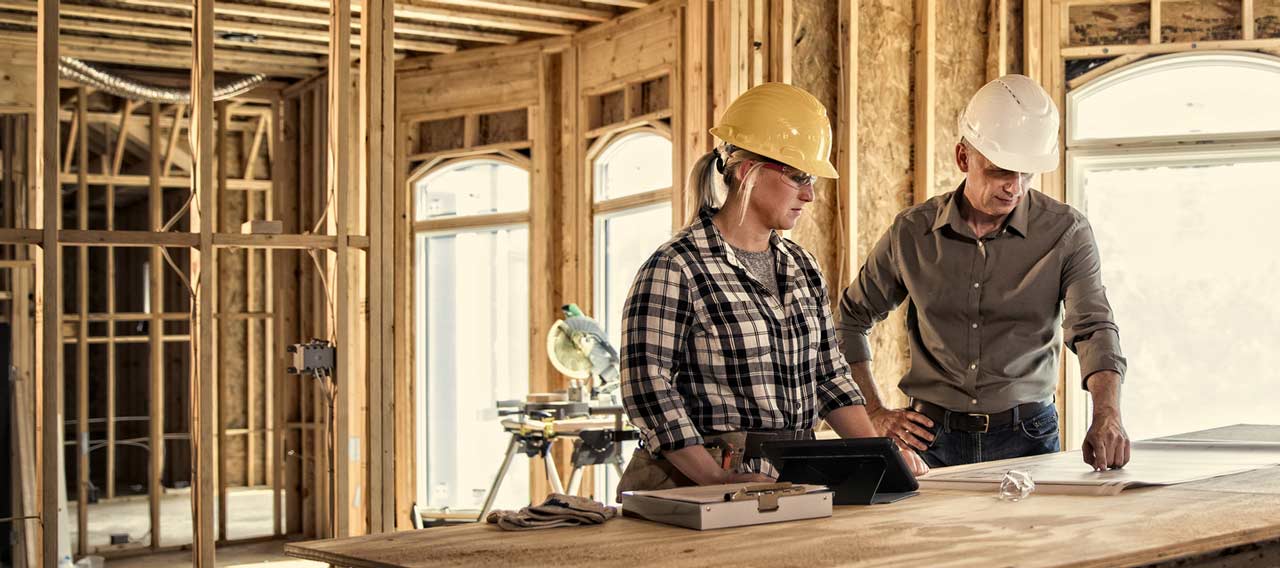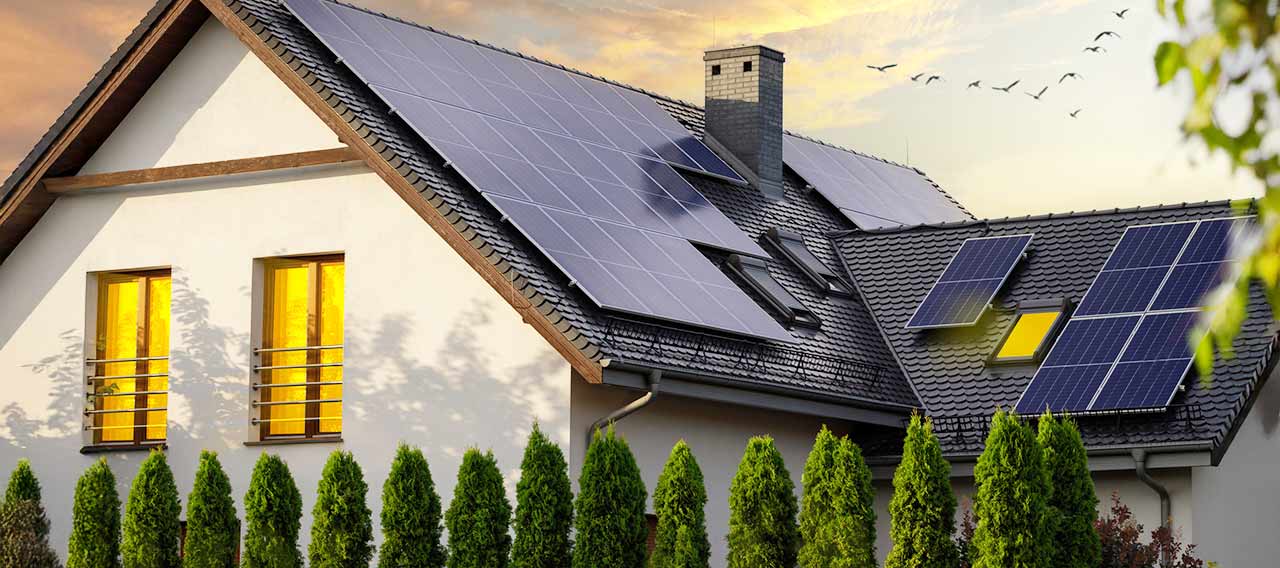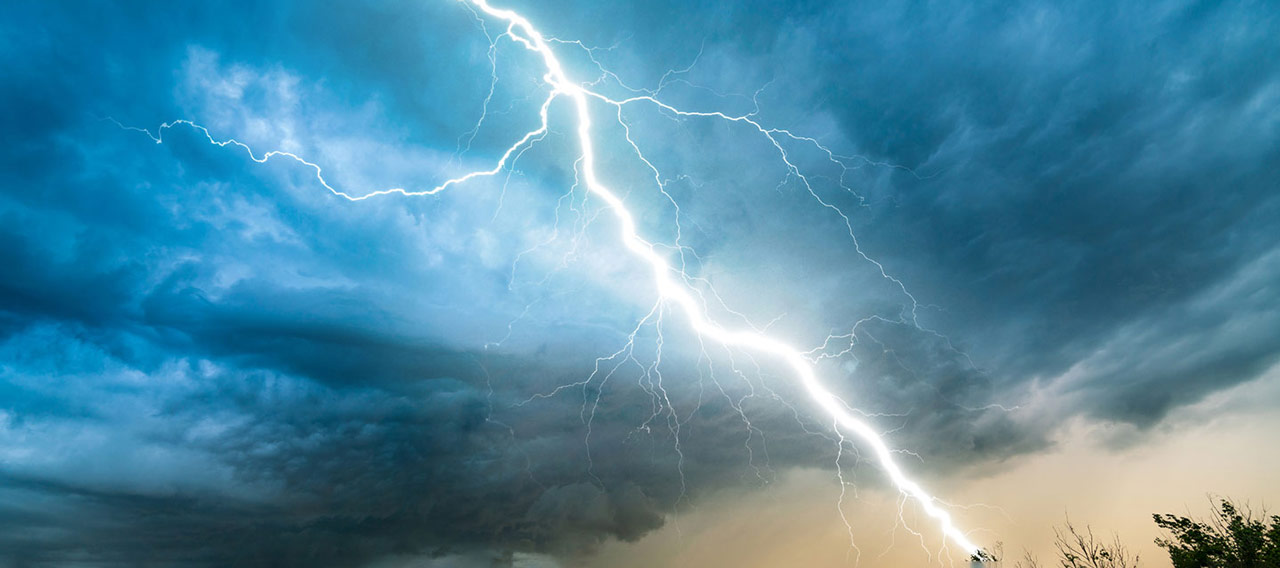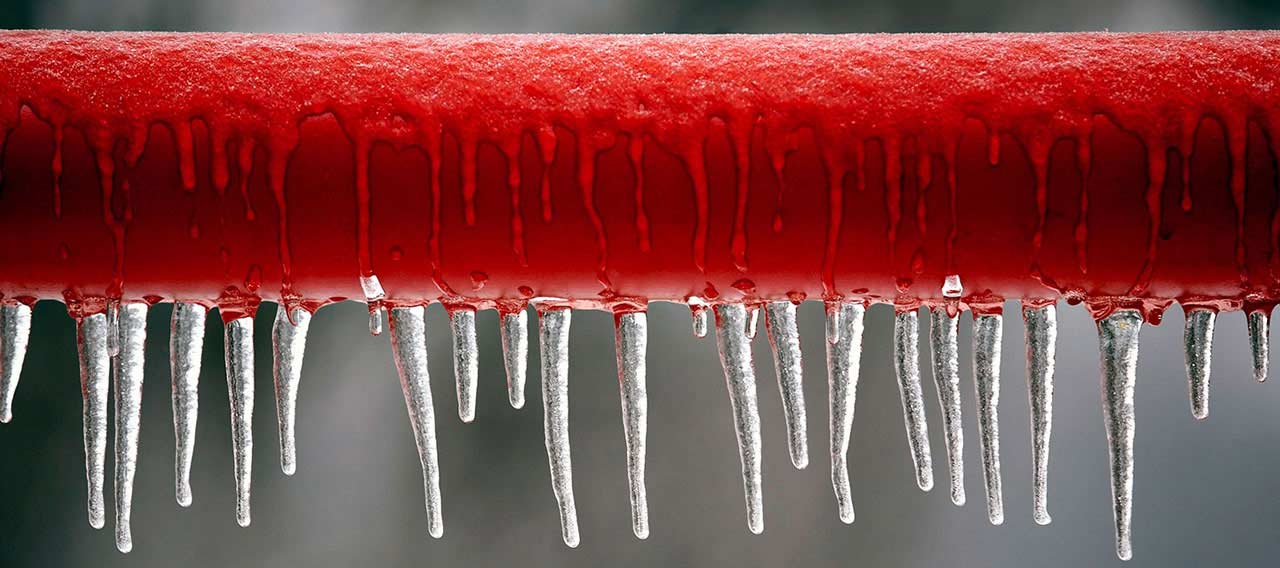Power outages can happen any time of year – and can be caused by excessive wind, cold, fire, or even an auto accident – which can put you and your family in the dark for hours or even days. By having a plan in place ahead of time, you can minimize the stress and inconvenience of a power outage and keep your family and household safe from harm. Here are a few tips to get you started:
- Create an emergency kit. Your kit should include emergency supplies such as batteries, flashlights, back-up chargers for mobile devices, medicine, and first aid supplies. The kit should also include bottled water, and canned/dried food.
- Be aware of carbon monoxide dangers. Avoid using items that emit carbon monoxide in the home. For example, never operate a generator inside your home or attached garage and never put an outdoor grill inside. Make sure you have a carbon monoxide detector installed on each floor of your home, as it will pick up gas leaks from a furnace or gas appliances.
- Use flashlights, not candles. Stock up on batteries for flashlights and use those instead of candles, which can get knocked down by kids or pets. Never leave a burning candle unattended.
- Approach affected areas with caution. Before entering a flooded area or home, ensure electricity to your home is not "live."
- Look for downed power lines. Avoid standing water outside, especially if it is near downed branches or power lines. Be mindful of fallen trees and debris, which can conceal downed power lines or poles. Let authorized work crews safely clear your area.
- Keep freezers and refrigerators closed. Food can last up to 4-6 hours in a closed refrigerator and up to 2-3 days in a closed freezer.
- Keep pipes warm. If you live in an area prone to frigid temperatures, be sure to insulate basement, garage, and exterior plumbing pipes, wrapping them in blankets, towels, or foam and keep a small stream of water running during extreme cold weather to reduce the risk of freezing. You can also turn off the main water valve in your home, open all faucets and let them run until the pipes are empty.
- Install a back-up generator. To keep your home warm and working when the power goes out, install a generator that is large enough to heat your home and operate at least a few of your major appliances. Generators you should consider:
- Automatically turn on when the power fails
- Self-tests at least once a week
- Includes all equipment which meets UL (Underwriters Laboratories) standard or another accepted industry standard
- Has sufficient capacity to at least maintain the critical systems noted above or to backup the entire electrical system of your home
- Dual use for natural gas and liquid propane or gasoline
- Use your hot water sparingly. Your hot water tank can only hold so much. Shower and flush sparingly to keep everything running longer.
- Preserve your phone’s battery. Only use your phone when you really need to. Turn off any apps you’re not using and minimize any that run in the background. Consider purchasing a battery pack for your phone so you can keep your phone running longer.
- Learn how to manually operate your garage door. If you have a garage door, learn how to operate it manually before the need arises.
- Unplug. As soon as the power goes out, walk around and unplug any big power users, such as TVs, computers, and appliances, and turn-off smaller ones like lamps.
- Call a professional for assessment. After a storm or flood, hire a licensed electrician to inspect appliances and equipment before powering them back up.
Special tips for collectors
Here are three more tips to help you keep your collections safe during a power outage:
- Keep a printed list of vendors you can use in emergencies, including collections conservators, art storage facilities, and art handlers.
- If you don’t have a back-up generator, consider a portable generator to help run the home systems and maintain moderate temperatures for art and/or wine collections.
- Always use surge protectors on any artwork that requires electricity. If the power goes out, make sure the work is unplugged and remains so until the power has been completely restored.
Insights and expertise








This document is advisory in nature and is offered as a resource to be used together with your professional insurance advisors in maintaining a loss prevention program. It is an overview only, and is not intended as a substitute for consultation with your insurance broker, or for legal, engineering or other professional advice.
Chubb is the marketing name used to refer to subsidiaries of Chubb Limited providing insurance and related services. For a list of these subsidiaries, please visit our website at www.chubb.com. Insurance provided by ACE American Insurance Company and its U.S. based Chubb underwriting company affiliates. All products may not be available in all states. This communication contains product summaries only. Coverage is subject to the language of the policies as actually issued. Surplus lines insurance sold only through licensed surplus lines producers. Chubb, 202 Hall's Mill Road, Whitehouse Station, NJ 08889-1600.











